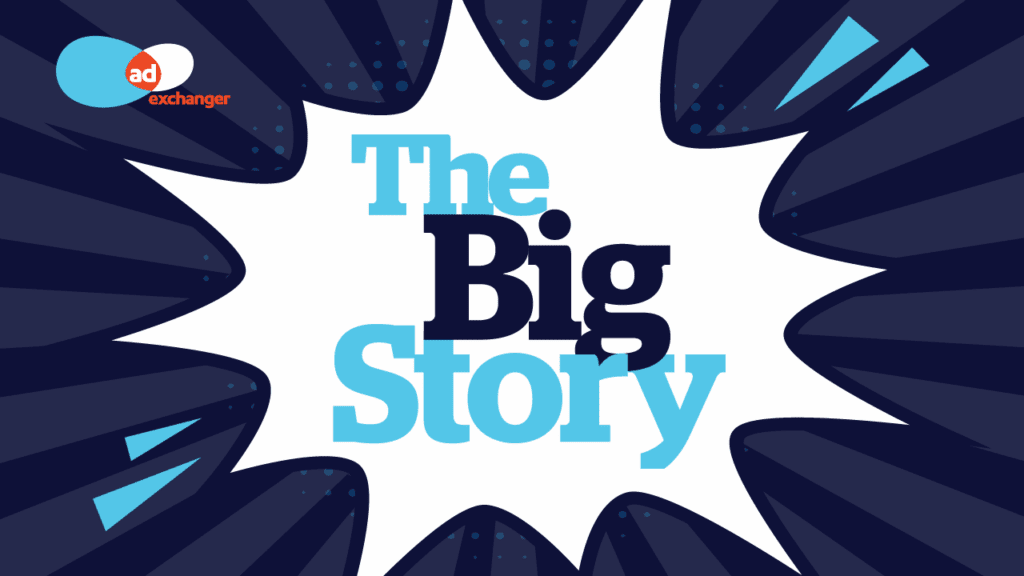A new portal launched by data broker Acxiom gives consumers a chance and see just how much and exactly what personal information the company has amassed about them.
AboutTheData.com also gives consumers the ability to edit various bits of data about them, as well as opt out of having their marketing data collected and stored by Acxiom.
“We wanted to give consumers increased power and control and designed the portal with that in mind,” says Scott Howe, CEO of Acxiom. “We believe marketing needs to be more respectful of consumers’ time and attention. That begins by giving consumers more choices and input when it comes to the information we have about them.”
The company decided to unveil the portal now because “technology, security, the business of marketing and consumer sentiment have all finally aligned,” he says.
Pre-Regulation Compliance
Another reason for Acxiom’s decision to be more proactively open to consumers with the data they collect and sell is the increased scrutiny of data brokers by the FTC. Near the end of last year, the FTC issued orders requesting information on how nine data brokerage firms, including Acxiom, collect and use consumer data. More recently, Julie Brill, commissioner of the FTC, wrote an op-ed in the Washington Post calling out Acxiom and other data brokers to adopt an approach she calls “Reclaim Your Name.”
“Its four basic components would empower people to find out how brokers are collecting and using their data; give people access to information that data brokers have amassed about them; allow people to opt out if they learn that a data broker is selling their information for marketing purposes; and provide consumers the opportunity to correct errors in information used for decisions about substantive benefits,” Brill writes.
AboutTheData.com, unveiled a few weeks after Brill’s op-ed, appears to comply with Brill’s suggested approach.
“We support a balanced public policy debate to find a workable solution that allows for the appropriate use of data in a way that creates value for all stakeholders: the consumer, the marketer and the economy,” Howe says when asked about potential regulation the industry could see in the future.
Opting out
Besides seeing and editing the personal information Acxiom “knows” about them, consumers who log in to AboutTheData.com can choose to opt out of Acxiom’s data collection and storage. However, Howe suggests that consumers think twice before going that route.
“Opting out does not reduce spam. By opting out, consumers might actually receive more, not less, irrelevant advertising.”
He adds that while the company isn’t sharing the specific percentage of consumers who are opting out or taking other actions on AboutTheData.com, the company has not seen a large number of opt-outs. “People are mostly making changes to their profiles – things like political party, education, vehicle data and income.” Updating their information will, ideally, improve the relevancy of the Acxiom-fueled ads consumers see.
AboutTheData.com, currently in its beta release, shows the core consumer information Acxiom collects and uses, but the company is holding some data back. “We haven’t yet shown anything related to big data models because they aren’t verifiable, given the fact that it’s all probability-based,” Howe says. “We may do this in future versions of the site, but we have to navigate the fact that some of these models are proprietary to clients.”
Though the portal is being positioned mostly as a consumer-empowering resource, the main objective of the new portal remains in line with, not counter to, Acxiom’s own business goals. “Over time, by developing strong relationships directly with consumers and understanding their preferences, we believe we can be at the very center of helping ensure that they receive the right offers at the right time,” according to Howe.



